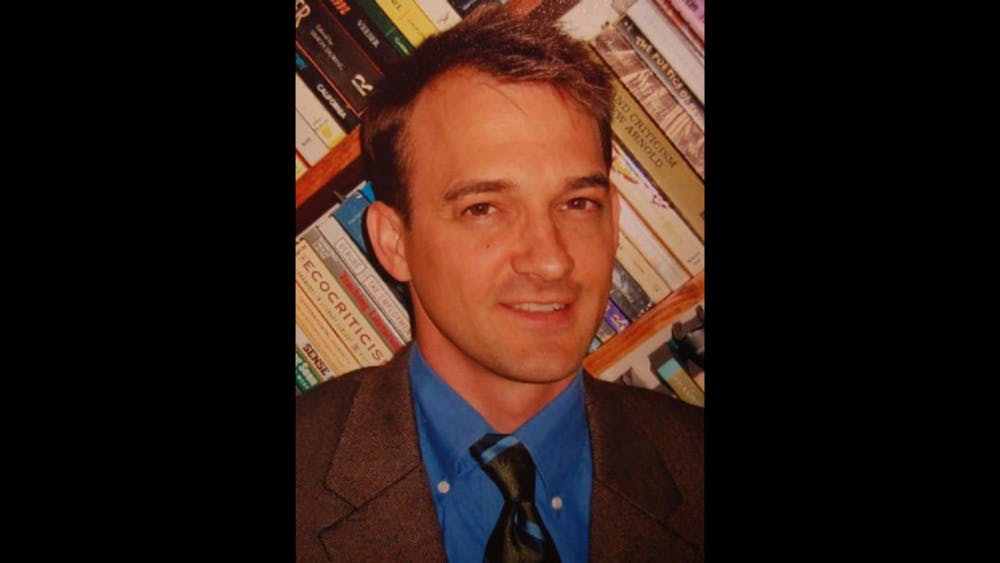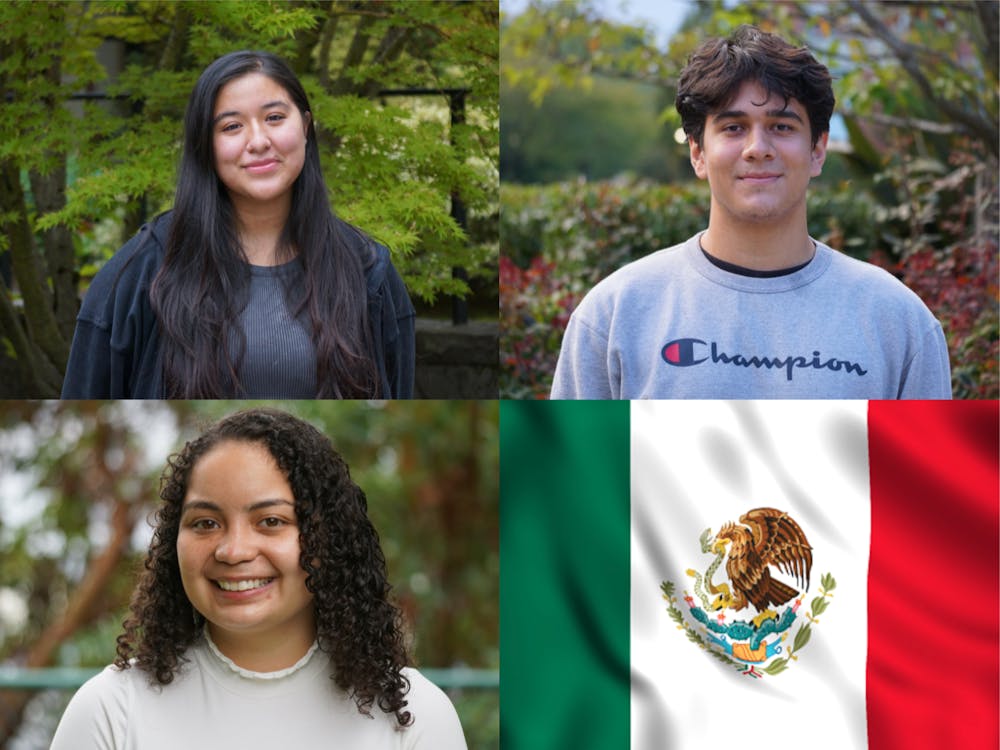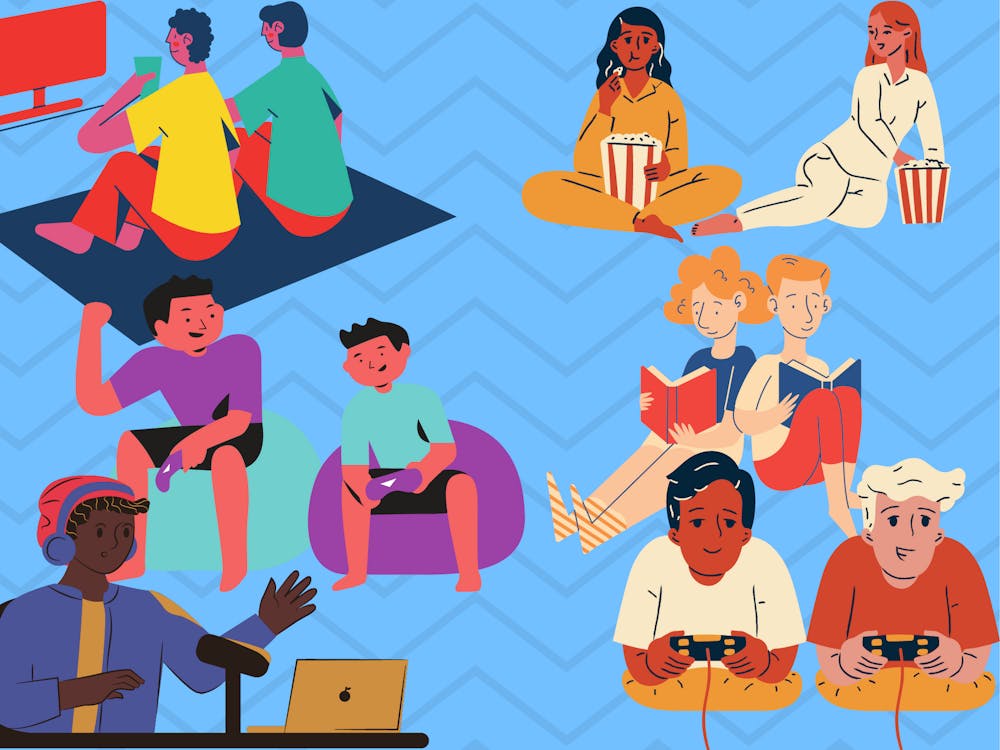Last year, my young neighbor became one of the 100,000 Americans who died from a drug overdose. An immigrant who came to America as a boy, he was a gifted scholar, graduated from one of America’s top universities, and had an astonishing future ahead of him. Then one night, addiction stole him from our community, causing circles of unspeakable sorrow that will radiate across decades.
My neighbor haunted my mind as I re-read this year’s ReadUP selection—Yaa Gyasi’s Transcendent Kingdom. It is an essential, unsettling novel that follows Gifty, the daughter of an immigrant family from Ghana, who forges her way through her 20s (that period Meg Jay labels life’s “defining decade”).
As a success-driven grad student in Stanford’s neuroscience program, Gifty tries to hide the major stressors of her life: the community-assisted sense of self-hatred felt by many persons of color, the fatalistic depression of her bedridden mother, and the early loss of her brother to a multi-year heroin addiction (the gates of which were opened by OxyContin).
But Gifty’s scholarly ambitions are powerfully connected to her pain: her work with mice in the lab strives to understand the same reward-seeking behavior that took her brother’s life, alongside the neurological hopelessness that threatens the life of her mother.
If novels have never been high on your list of priorities, you might wonder why you’d bother engaging with the tragedies of another family – a fictional one at that – when our own lives and communities weigh heavily enough. But stories remove us from our isolation. As James Baldwin discovered, “You think your pain and your heartbreak are unprecedented in the history of the world, but then you read. It was books that taught me that the things that tormented me most were the very things that connected me with all the people who were ever alive, or who had ever been alive.”
Novels like Transcendent Kingdom rarely provide answers or solutions (spoiler alert). But often they frame our problems precisely – and articulate what our minds cannot. As Langston Hughes once explained, “Books – where if people suffered, they suffered in beautiful language, not in monosyllables, as we did in Kansas.” Your nine-hour investment in such a novel gives you permission amid a busy week to reflect on the things that matter most – including Gifty’s salient question “what’s the point of all this?”
While we find her seeking answers in the science of neurology (its dopamine neurons, epigenetics, learned behaviors, and medical interventions such as pharmaceuticals and fiber-optic implants), she devotes as much time reflecting on the similarly complex worlds of her religious upbringing.
For even as she has fled the pressures of her mother’s church, the secular supremacists and atheist evangelicals she meets in her university circles bring her to a fascinating middle-space of unknowing. As she writes articles for science’s most prominent journals, we find her thinking through the letters to God she had written as a child trying to understand life. Living in a nation that seems only to whisper how she’s doing everything wrong, both science and religion both turn out to offer twin forms of solace, even as they separately limit her full range of expression and understanding.
The science/religion divide is just one of the many categories Gyasi unsettles in a book that tackles the pull of belonging to two continents, the challenge of knowing the mother you so closely resemble, the logic behind why our pain would lead us to hurt an innocent friend, and the ambient racism that may have led Gifty’s brother to seek solutions in addiction.
Like this protagonist, our nation asks why we’re so helpless to save an increasing number of promising citizens like my neighbor to addiction, and so many others to a soul-crushed lack of motivation. A novel cannot fill the hole left in our hearts, but it can help us see the strength in what remains.
As you read through Gyasi’s novel this semester, UP is curious to know what strikes you about it. Join a series of informal lunchtime conversations (11:30-12:30 in our library’s 2nd floor conference room) with faculty who can help connect the dots: on Feb. 17 Dr. Brandy Daniels will help the group unpack some of the novel’s radical theological angles; on Feb. 22 Dr. Amy Ongiri will bring ethnic studies to bear upon the novel’s representations; and on March 8 Dr. Mark Pitzer will engage with the novel’s neuroscience. Reading may be a solitary act, but its insights inevitably draw us more fully into the social; this year’s ReadUP talks can help draw out your insights.
Yaa Gyasi is also hungry to know what you think about the book: would you like to have lunch with her to talk it over? Enter UP’s essay contest by submitting a short essay that explores your epiphanies on one or several of the book’s themes (circa 500 words) as a pdf to garaventa@up.edu by Feb. 15. Six student writers will be selected for an extended lunch with Gyasi on the day of her campus visit. Later that day (Wed. Mar. 9) her 7pm talk in BC Auditorium will be a highlight of 2022: find details and registration here, along with a link to the Clark Library’s magnificent reading guide to the novel: https://www.up.edu/readup/
Dr. Lars Larson is the English Department Chair at UP. He can be reached at larson@up.edu.
Have something to say about this? We’re dedicated to publishing a wide variety of viewpoints, and we’d like to hear from you. Voice your opinion in The Beacon.








